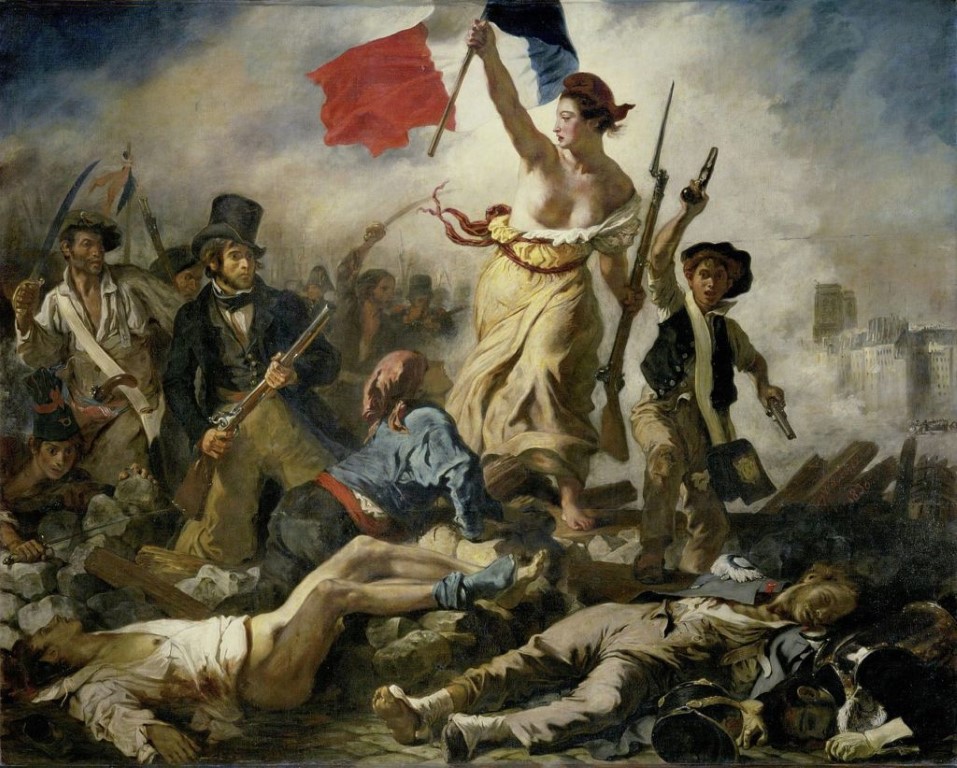– Joni Cheng
The effect of the apostasy in the Catholic Church in the 16th century followed through in the 17th and 18th century. However, by roughly around 1650 to 1800, the modern era began, where people no longer lived in an age where the Christian faith was the fundamental basis of Europe and the western society. This period is known as the Enlightenment or the Age of Reason.
Enlightenment was a reaction against religious dogmas and warfare – the struggle between the Catholic and the Protestant states, different churches and denominations, the so-called Thirty Years’ War. It seems like Christianity was no longer the basis for peace and unity in the society but the cause of turmoil.
For example, in 17th-century England, the commonwealth government was established by those who dissented from the Church of England and Christian groups. New forms of religious groups such as the Quakers also emerged out of this situation of warfare. In Europe, since Christianity no longer seemed to be the basis for providing peace and unity in the society, the emerging science and reason were seen as the substitute source. People wanted a natural religion. Predominantly Christian France was not spared by the onslaught of the Enlightenment and its authority was severely questioned. The French king and the Gallican movement undermined the authority of the Pope. There was also spiritual confusion about the true form of Christianity. All these eventually led up to the French Revolution.
So, the Enlightenment had a profound influence throughout Europe, not only in England and France, but also Germany and many other nations. The tenets of the Catholic Church were challenged, people wanted to privatize their religion and do away with religious dogmas. They held that religion is just about believing in God, living a virtuous life, which all led to a de-Christianization of Europe.
(Image: Liberty Leading the People by Eugène Delacroix that Commemorates the French Revolution of 1830)


 Follow
Follow


